In a significant move to curb illegal gambling, Islamic police in the northern Nigerian city of Kano have launched an extensive operation to shut down sports betting shops. This action comes in response to mounting concerns from community leaders and parents about the growing prevalence of gambling and its impact on the local population, particularly the youth. The crackdown is being led by Kano’s Sharia police, known as Hisbah, which operates within the framework of Islamic law alongside secular law in the state.
Kano, a predominantly Muslim city and the capital of Kano state, has long adhered to Sharia principles. As part of this legal system, gambling is strictly prohibited. The Hisbah force, tasked with ensuring compliance with Islamic norms, has recently intensified efforts to enforce the ban on betting, following complaints that gambling addiction is spreading rapidly. These concerns are not only religious in nature but also societal, as the negative effects of gambling on families and individuals become increasingly visible.
On the first day of the raids, over 30 betting shops were shut down in one of Kano’s suburbs. Hisbah officers issued stern warnings to shop owners, cautioning them against reopening their businesses. The authorities have made it clear that, moving forward, anyone found operating a betting shop will face arrest and prosecution under Sharia law. The crackdown is expected to escalate as the public becomes more aware of the enforcement actions being taken.
While sports betting shops are commonly found across the city, the focus of this crackdown is on Muslim-majority areas where Islamic law is more strictly enforced. Hisbah officers explained that many of these establishments had been operating under false pretenses, registering as video game centers but later converting to betting shops. This tactic allowed them to bypass regulatory scrutiny, but the ongoing raids are aimed at closing these loopholes and ensuring that all forms of gambling are eliminated in accordance with Sharia.
The sports betting industry has seen explosive growth in Nigeria in recent years, reflecting a broader trend across West Africa. With the country’s economic struggles, many individuals have turned to gambling in the hopes of striking it rich, staking small amounts on international football matches, horse races, and other events. Mobile betting apps have also become increasingly popular, further fueling the expansion of this industry. However, this rise in betting has led to widespread addiction, with some parents reporting that their children are even dropping out of school to gamble.
In Kano, the Hisbah is determined to reverse this trend. The raids have largely focused on areas like Munjibir, a resort district in the north-east of the city that attracts weekend visitors. However, the crackdown is expected to spread throughout the city as authorities work to bring illegal betting operations to a halt. Hisbah officers have issued a final warning to shop owners: either shut down voluntarily or face arrest and prosecution in Sharia courts.
Although the specifics of potential punishments remain unclear, fines are often levied for such violations of Sharia law. Since its introduction in Kano in 2000, Sharia law has strictly prohibited not only gambling but also other activities deemed immoral, such as prostitution and the consumption of alcohol. These laws are enforced in 12 Muslim-majority states in northern Nigeria, where Hisbah operates as the moral and religious enforcement arm of the government.
As the crackdown on betting shops intensifies, Hisbah officers have called for broader societal reform, linking the country’s economic crisis to what they see as a moral decline. They believe that the hardships Nigerians are facing are a signal to change behaviors and return to Islamic values. For many in Kano, the closure of betting shops is seen as a necessary step in combating the social ills associated with gambling and restoring religious and moral order in the community.
The move by Hisbah to shut down betting shops is not just a religious enforcement; it reflects the growing concern among Kano’s Muslim population about the long-term impact of gambling addiction on society. As the raids continue, many are watching closely to see how the authorities will handle this issue and what impact it will have on the broader community.


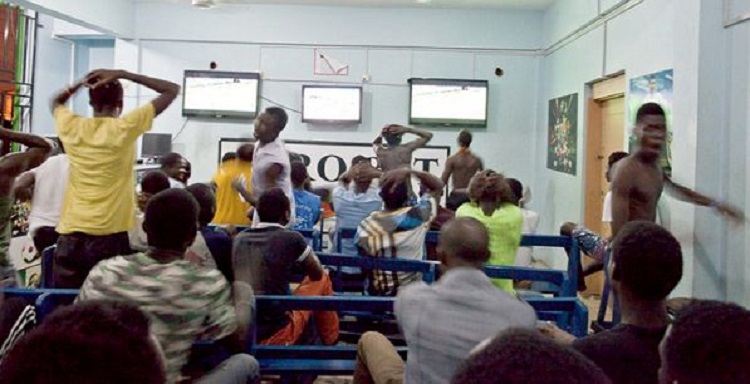



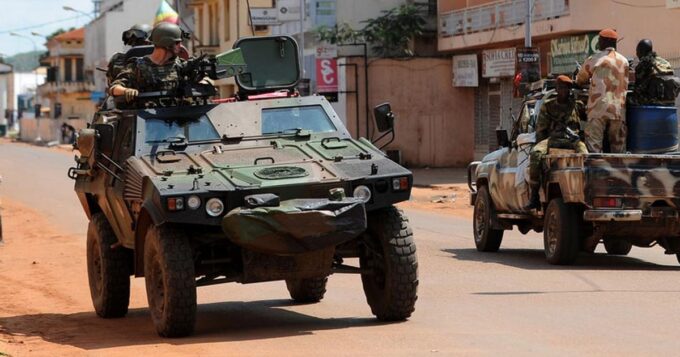
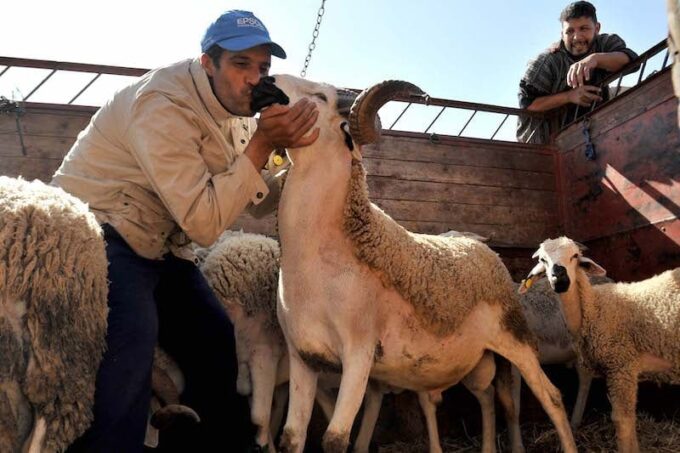
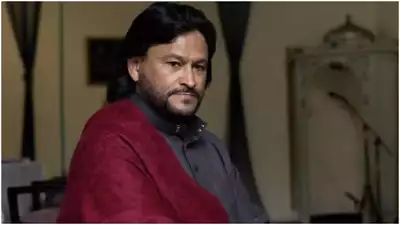
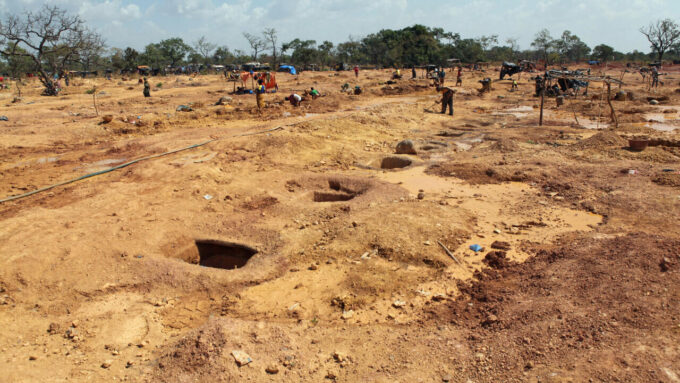
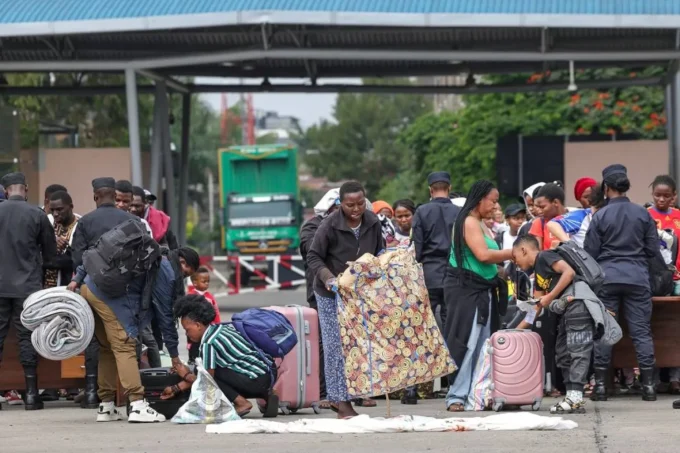



Leave a comment